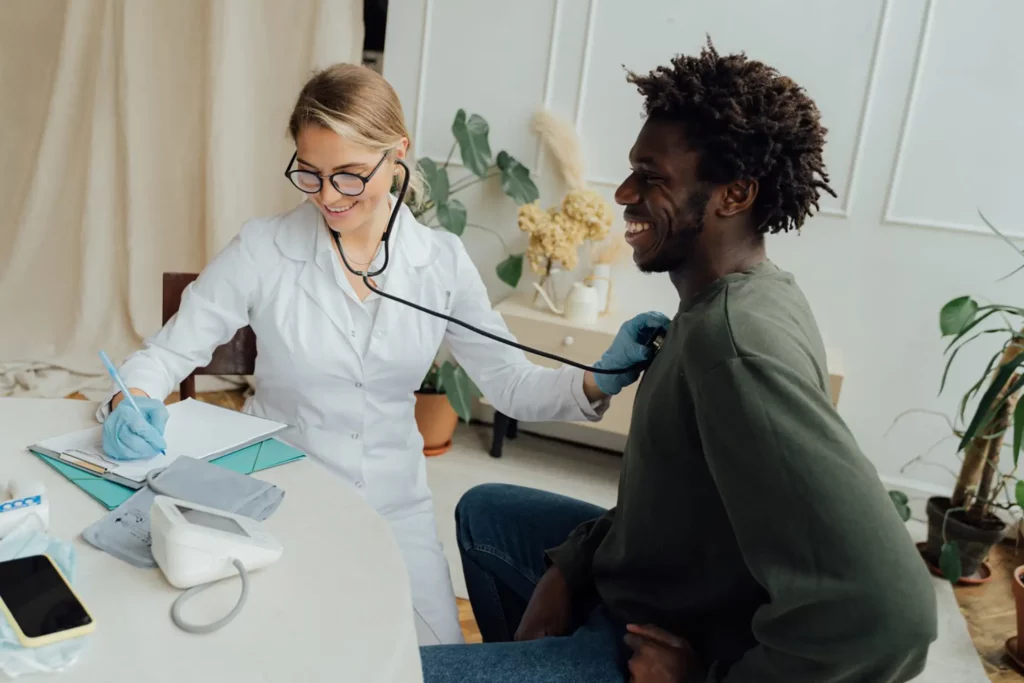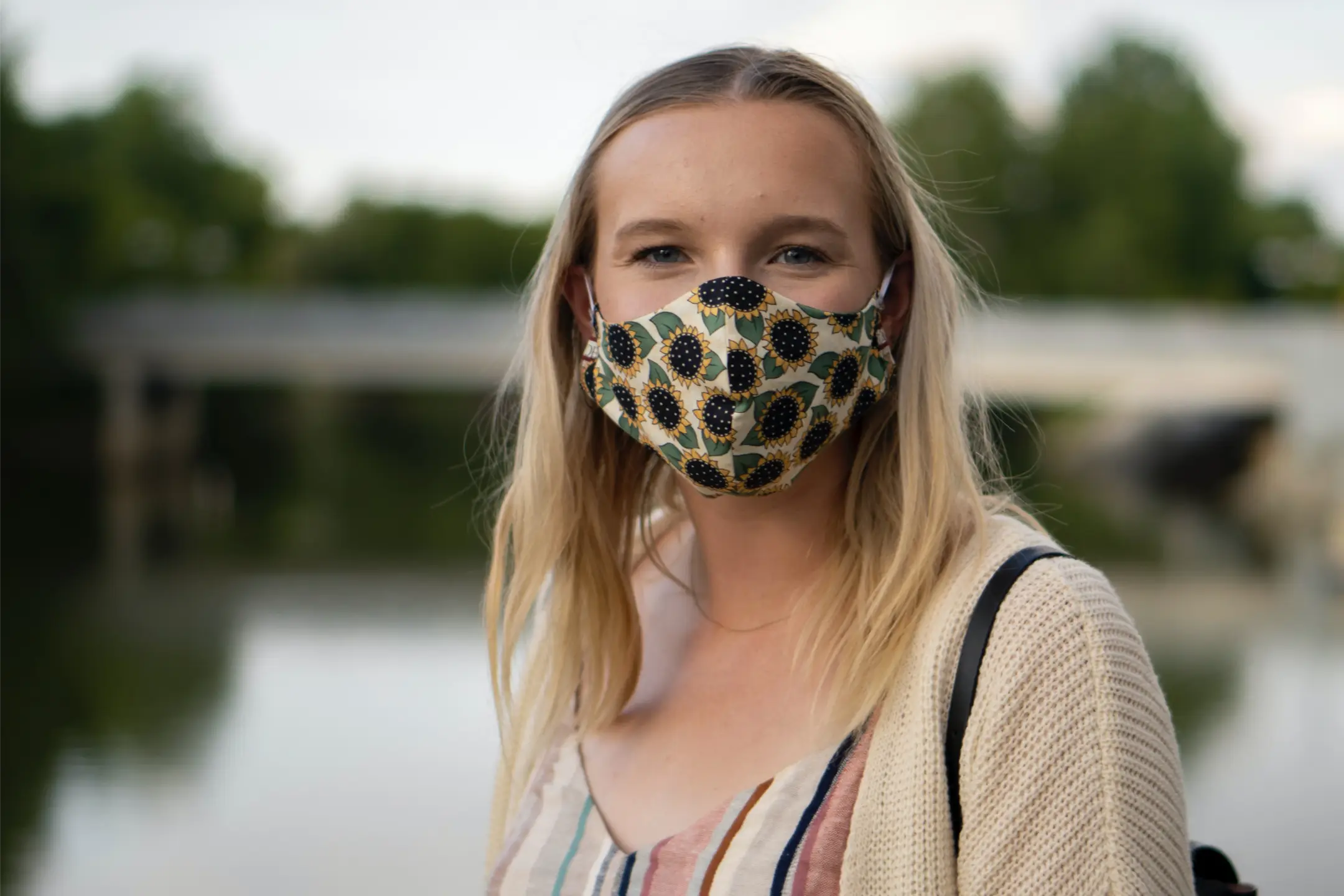Introduction
Navigating through youth can present a whirlpool of health concerns and queries. In New South Wales, a range of services are available to guide young individuals through these intricate pathways. This topic, “Services for Young People in NSW”, illuminates various health services tailored for you in New South Wales, ensuring you’re well-equipped with necessary resources and support. Be it mental health, sexual health, or general healthcare. There are a number of health services that you might use as a young person. Here we have some information on what these healths services are and how they can help you.
General practice (GP)
In Australia most people go to a local doctor or general practitioner (GP) when they have health problems. GP offices are called surgeries or medical centres
GPs provide diagnosis (identify causes of a health problem by examining the symptoms), treatment, support and referral for your health problems.
General practice is called ‘primary care’ as GPs are often the first health care professional people see when they have a health concern.
You don’t need a referral from any other health care provider to see a GP.
Medical specialists (specialists)
Your GP may refer you to a specialist if you need more tests or treatment, for example for heart problems you might go to a cardiologist (heart specialist). Medical doctors who have studied specific areas of health are called specialists.
To see a specialist, you must have a referral* from your GP or another specialist; and you must book an appointment with the specialist. It is important that you take the referral and any other relevant medical information to the appointment with you.
*A referral is a written document from one health professional to another health professional that asks them to see you. The document is often a letter.
Most specialists do not bulk bill, but some will bulk bill people with Health Care Cards.
If your GP wants to refer you to a specialist, ask your GP if there is a cost to see the specialist and if so how much.
If it costs too much, ask for an alternative, such as a public hospital clinic. You may have to wait longer but it is generally free if you have a Medicare card.
Allied health professionals
Your GP may refer you to allied health professionals to help manage your health conditions. Allied health professionals have studied specific area of health at university, they are health professionals who are not doctors, dentists or nurses.
Allied health professionals work as part of your healthcare team and can help you manage your physical or mental health, through services that include diagnosis, treatment or rehabilitation. Examples include:
- Dieticians (healthy eating and nutrition support)
- Physiotherapist (movement, muscles and strength)
You can usually access allied health services directly (not covered by Medicare) without a referral. Depending on your conditions, you may need a referral if you are accessing allied health services that are funded by the government under certain funding schemes. Allied health services may also be covered by NDIS funding if you are eligible.

Pharmacists
Pharmacists supply medicines and provide advice on how to use medicines safely. You can ask a pharmacist for medicine advice on the best over-the-counter medicines for you, generic brand medicines (cheaper medicines), medicine effect and dosage, possible side effects of the medicine and whether you could have any other problems with the medicine.
Pharmacists also offer a range of services to the public. These services are usually free of charge and you don’t need an appointment to see a pharmacist at any pharmacy that is convenient to you. Some of these services include:
- healthcare advice for common health problems such as coughs and colds
- wound care advice on how to manage minor injuries and apply dressings and
- general advice on how to stay healthy.
You can ask to speak to a pharmacist privately if you do not want to ask a question in front of others at the pharmacy. Some appropriately trained pharmacists offer approved vaccinations.
Public hospitals
Public hospitals are where people go when they have a serious illness or require more supportive care than can be provided by GPs or specialists in the community. They are free for people with a Medicare Card (when treated as a public patient).
Patients in public hospitals are treated by health professionals from the hospital. Some hospitals provide expert services for young people in specific areas of healthcare. For example, complex conditions such as diabetes, cancer or eating disorders.
Youth health services
Youth Health Services are staffed by health professionals who are trained in caring for young people. They provide primary health care to young people 12 and 24 years old. Youth Health Services also provide help to parents, teachers or anyone else who has concerns about the health or wellbeing of a young person between 12 and 24 years old. These services are free and confidential. These are the Youth Health Services in NSW:
- Central Coast Youth Health Service, Wyong
- CHAIN – Southern Youth & Family Services, Gwynneville
- Fairfield Liverpool Youth Health Team (FLYHT)
- High Street Youth Health Service, Harris Park
- Hunter New England KidsHealth – Youth Health Team, Newcastle
- The Corner Youth Health Service, Bankstown
- Traxside Youth Health Service, Campbelltown
- Western Area Adolescent Team (WAAT), Mt Druitt
- Youthblock Health & Resource Service, Redfern
Community health centres
In addition to your GP, community health centres provide a range of health services for people of all ages, including young people. These include GPs and medical services, child health services, family planning, disability services, physiotherapy, and counselling and support services. For example, social workers or psychologists may provide counselling and social support for mental health, alcohol and other drug use, or gambling problems.
The cost of attending a community health centre varies depending on the care provided and your ability to pay. GP and nurse clinics at community health centres are often free for people with a Medicare Card. You may need to pay a small fee for other services, with discounts for Health care card holders.
You can also ask about the cost when you make your booking.
Aboriginal medical services
Aboriginal Community Controlled Health Services, also known as Aboriginal medical services, provide holistic and culturally appropriate primary health care and wellbeing services for young Aboriginal people within their local communities.
You can find the location of your nearest Aboriginal medical services here.
Mental health services for young people
There are a range of mental health services and programs for children, young people and their families who need mental health help and support in NSW. NSW Health Child and Youth/Adolescent Mental Health Services (CYMHS/CAMHS) and programs may be offered by your local health district and are sometimes delivered within the community or from hospital in inpatient settings depending on the level of care required.
If you need to access CYMHS/CAMHS services and programs, you can contact your doctor (GP) for advice. Alternatively, you can contact the NSW Mental Health Line 1800 011 511 for advice, assessment and referral, 24-hours a day 7 days a week. Trained, professional staff will assess your situation and refer you to the most appropriate service according to your needs. You can make a referral yourself, or your parents or caregivers, your GP, a health professional or your school can also make a referral.
There are a range of other mental health services and support services available to suit your needs, many of which are also available online.
headspace
headspace provides youth friendly services to help young people aged 12 to 25 years with general health, mental health and counselling, education, employment and other services such as alcohol and other drug services.
Sexual health services
There are many options for sexual health services in NSW, for example at any GP, sexual health clinic etc. If you are unsure, you can ring the Sexual Health Info Link (phone 1800 451 624) or write to Nurse Nettie or check out the Play Safe for more information and referral to the sexual health service that suits you.
Health clinics in youth services
Many youth services have clinics to improve access to healthcare for disadvantaged young people. Clinics that may operate in youth services include bulk billed GP clinics, sexual health clinics or counselling services developed in partnership between health services and the youth service.
